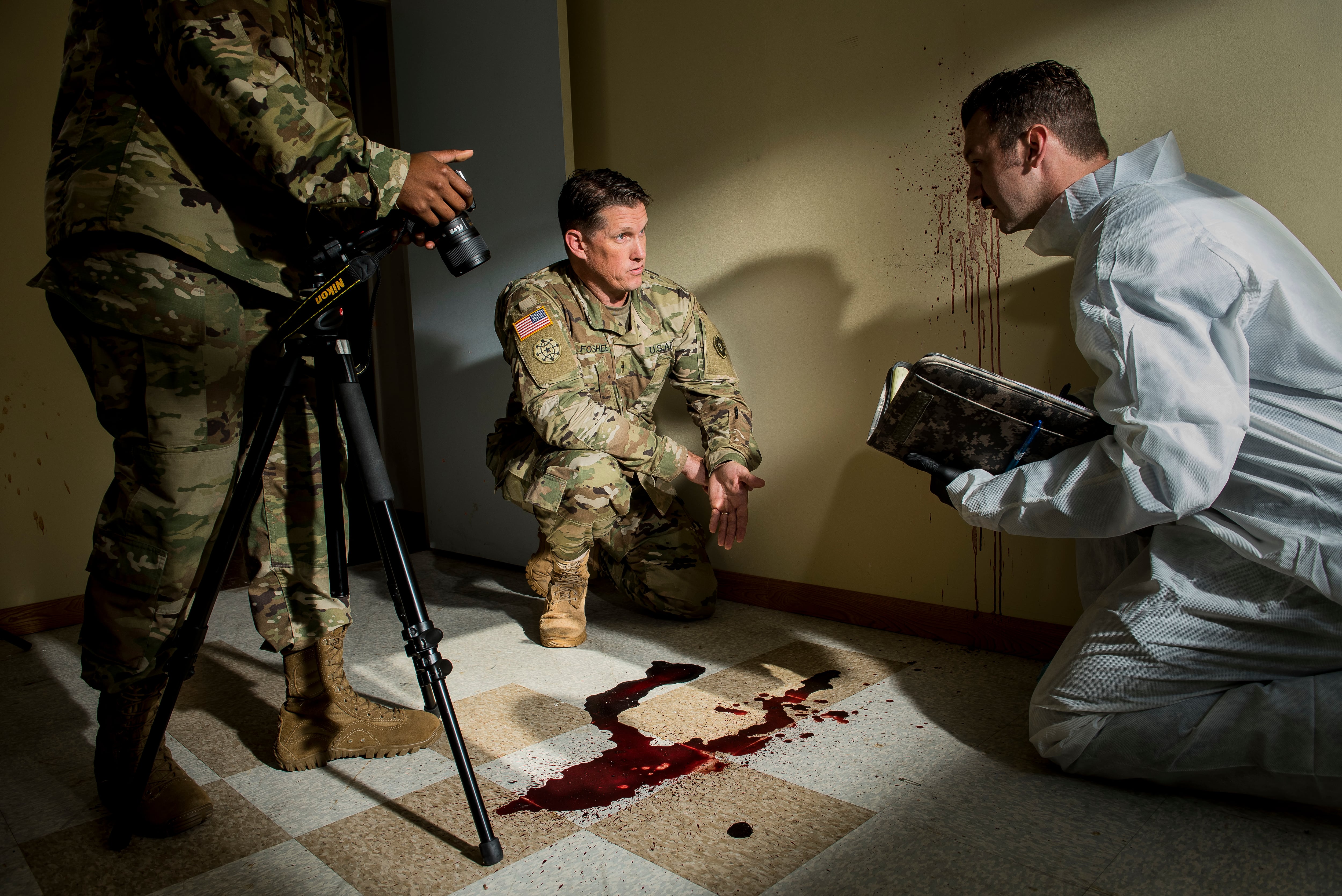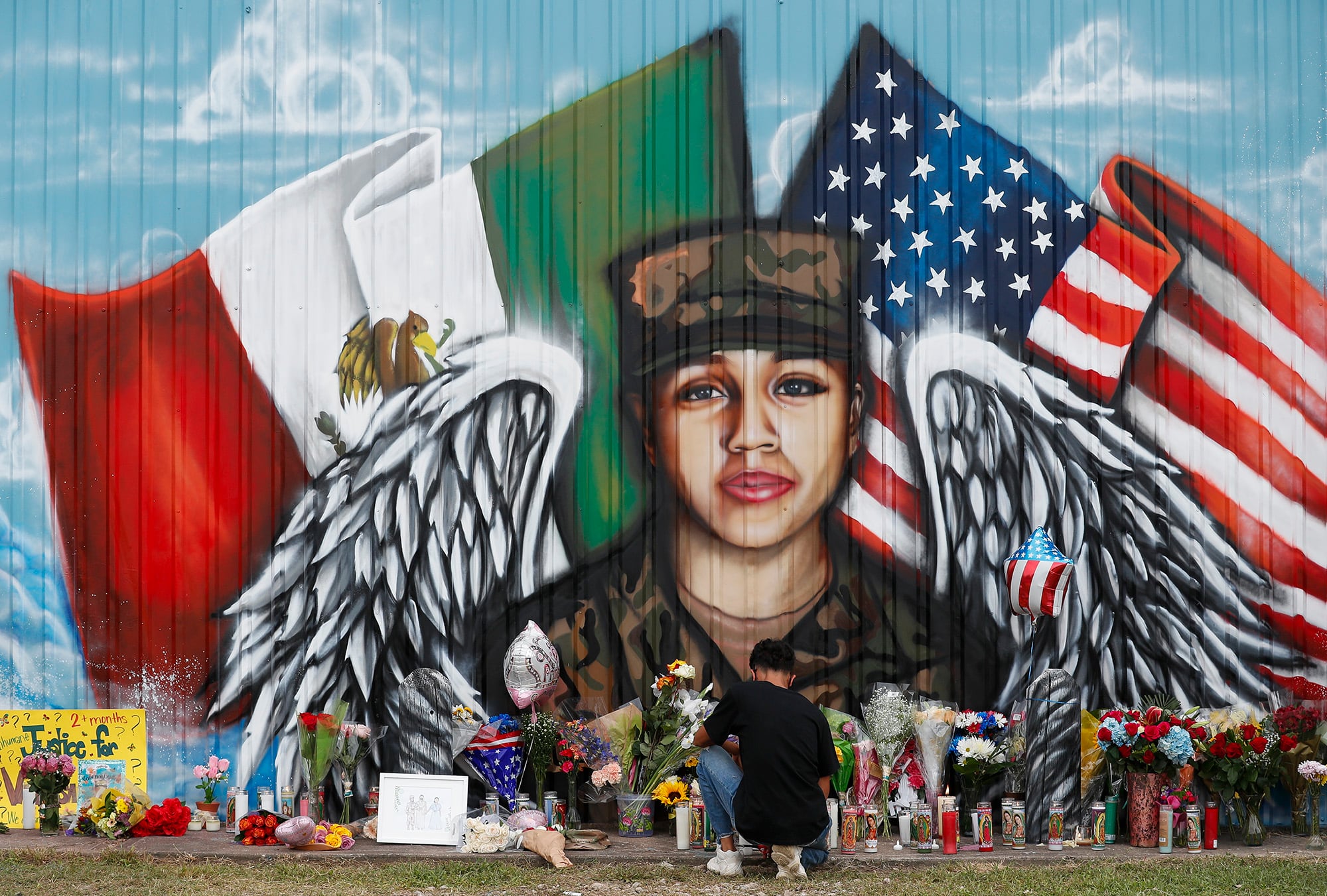In a move the new commander called “unprecedented,” the 3rd Cavalry Regiment has canceled its pending rotation at the National Training Center at Fort Irwin, California, in January as it works to rebuild unit cohesion and trust following a scathing report on conditions at Fort Hood, Texas and the firing of its previous command.
New command staff, Col. Kevin D. Bradley and Command Sgt. Maj. Shade Munday are now leading the regiment after the Army sacked Col. Ralph Overland and Command Sgt. Maj. Bradly Knapp along with a dozen other Fort Hood leaders who were either relieved or suspended last week.
RELATED

The pair made the announcement in a Facebook video Dec. 12, which followed the public release of a report by an independent committee that, in the words of Secretary of the Army Ryan McCarthy, found a command climate “permissive of sexual harassment and sexual assault.”
RELATED

“Based on the Fort Hood review and our assessment over the last few days, we as a team need the time and focus to address these very real problems and rebuild trust,” Bradley said in the video.
“We will no longer be going to NTC this January,” he said. “This unprecedented decision by Army leaders is a clear statement that people do come first.”
An NTC rotation is often the culminating event of multiple years of preparation for a unit prior to deployment or readiness certification. It is also considered one of the most demanding evaluations of unit preparedness and commander capabilities in the Army, outside of combat.
The committe listed nine principal findings in its review, including failings in the Sexual Harassment and Assault Response, or SHARP, program at the facility. Additionally, the committee made 70 recommendations to resolve those shortcomings.
McCarthy said in his statement this past week that he accepts all of the recommendations and has established a task force to create a plan that would begin implementing them by March.
The review also raised concerns about how Sexual Harassment/Assault Response and Prevention programs are conducted across the Army, as well as how the service investigates soldier deaths and disappearances beyond Fort Hood.
A series of deaths, including the killing of Spc. Vanessa Guillen, a 3rd Cavalry Regiment trooper, inside the unit armory and sexual harassment allegations that Guillen had raised, prompted the review.
Guillen went missing on April 22 and it took more than five weeks to locate and identify her remains. Police allege that Spc. Aaron Robinson killed Guillen with a hammer. He shot and killed himself when approached by law enforcement in July after the body was found. His girlfriend, Cecily Aguilar, has been charged with helping him to dispose of the body, according to a criminal complaint. A hearing has been scheduled for January.
A separate investigation is evaluating claims that Guillen faced sexual harassment by another soldier.
Fort Hood leadership “knew or should have known of the high risk of sexual assault and harassment” at the post, the committee’s report reads.
“As early as 2014, there were issues that were called out. If you look at it in terms of risk management, it became a known risk very early in the process,” said Chris Swecker, a former FBI inspector who served on the committee.
“Unfortunately, a ‘business as usual’ approach was taken by Fort Hood leadership causing female soldiers, particularly, in the combat brigades, to slip into survival mode, vulnerable and preyed upon, but fearful to report and be ostracized and re-victimized,” according to the report.
Todd South has written about crime, courts, government and the military for multiple publications since 2004 and was named a 2014 Pulitzer finalist for a co-written project on witness intimidation. Todd is a Marine veteran of the Iraq War.





